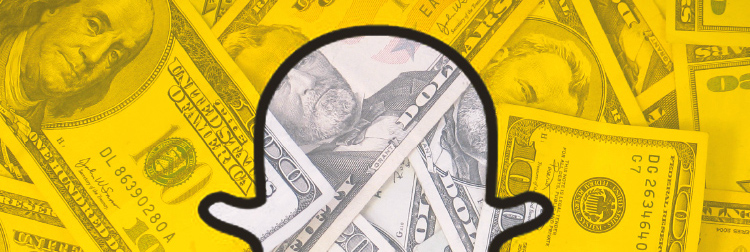Earlier this week, Snapchat announced it had added a new feature, Snapcash, to its popular photo-sharing application. In the hopes of further monetizing the Snapchat platform, the company forged a partnership with Square, a widespread B2C payment service that Apple (AAPL) tried to acquire in early 2014 (click here to see how much Square turned down from Tim Cook). As a result, Snapchat users are now able to upload debit and credit card information to their Snapchat accounts, thereby giving them the ability to send and receive money from their peers. Users need only swipe to the current Snapchat texting feature to access Snapcash. From there, users must indicate a dollar amount in the text box, at which point the send button morphs into a green “pay” button; once confirmed, Snapchat sends the designated credit amount to the recipient.
As with most every data-dependent app, the introduction of a personal financial information service to a company that has already encountered large cyber breaches is highly controversial; in fact, many Snapchat users have already rightly voiced their concerns about releasing individual financial data to the messaging company. However, such worries have mostly been alleviated by the fact that Square, not Snapchat, will store and maintain all private banking information. Thus, Snapchat has essentially partnered with Square to increase the credibility of Snapcash, and to distance itself from any future problems. Additionally, Snapchat has also updated its software to alert users if a snap has been photographed by a third-party application.
As of now Snapcash is only available on Android devices, but it should soon be available on iOS devices. Applications like Google (GOOGL) Pay, Apple Pay, and Venmo have become increasingly popular over the past year, and Snapchat hopes to capture a share of this emerging market. While some earlier peer payment apps charged a transfer and/or transaction fee for their services, these four alternatives are completely free. It’s now just a matter of time until the market determines which of the aforementioned services is a winner. Our money is on Apple Pay.

